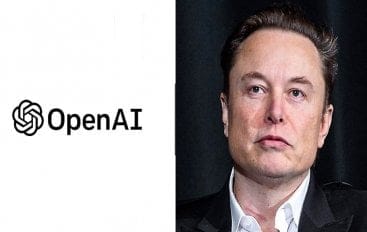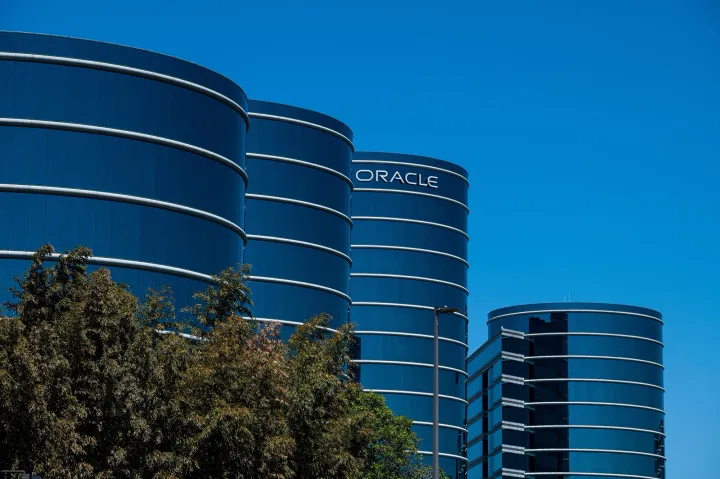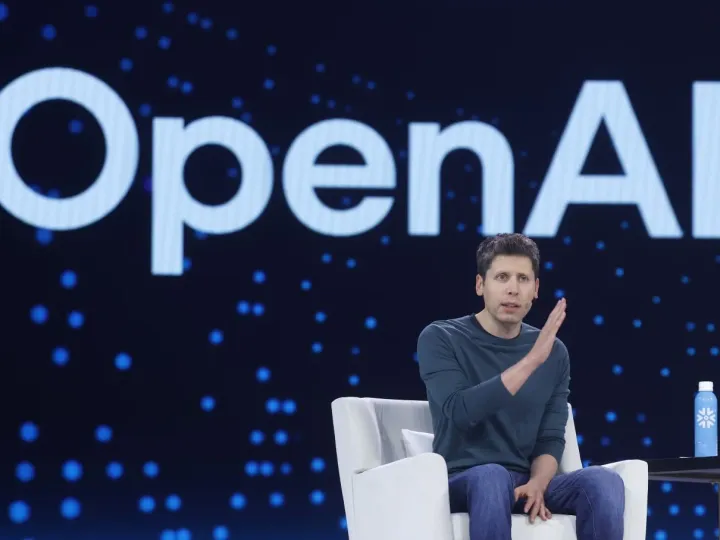OpenAI Says Musk Tried to Take Over ChatGPT Maker With “Sham Bid

OpenAI Fires Back at Elon Musk With Harassment Lawsuit: What You Need to Know
The war between OpenAI and Elon Musk is heating up. On Wednesday, OpenAI countersued Musk, accusing him of a long-running campaign to harass and sabotage the company he helped found—and later turned against.
This countersuit adds a dramatic new chapter to one of the biggest feuds in tech today, as two of AI’s biggest players battle it out over control, vision, and billions in potential profit.
Why OpenAI Is Suing Elon Musk
OpenAI filed the countersuit in a federal court in California, asking the judge to stop Musk from continuing what it describes as “unlawful and unfair actions.”
According to OpenAI’s legal filing, Musk:
- Launched public attacks using his 200+ million followers on X (formerly Twitter)
- Demanded corporate records under what they call a “pretext”
- Filed harassing lawsuits
- Made a fake bid to buy OpenAI’s assets earlier this year
“Musk has tried every tool available to harm OpenAI,” the filing states, adding that he should be “held responsible for the damage he has already caused.”
OpenAI is also seeking court orders to block Musk from further attacks while the legal process plays out.
The Backstory—Musk Helped Create OpenAI, Then Left
From Co-Founder to Competitor
Elon Musk was one of the co-founders of OpenAI back in 2015, alongside current CEO Sam Altman. But he left the company in 2018, citing disagreements over its direction.
Since then, OpenAI has grown rapidly, becoming one of the world’s top AI firms with products like ChatGPT. Meanwhile, Musk launched his own AI company, xAI, in 2023—creating a direct competitor.
And that’s when the legal fireworks really began.
What’s the Fight Really About?
At the heart of this battle is OpenAI’s decision to transition from a nonprofit to a for-profit model—a move Musk strongly opposes.
$40 Billion on the Line
OpenAI says this shift is essential to raise money, compete globally, and keep up with expensive AI development. In fact, the company is currently in the middle of a $40 billion fundraising round, which can only be completed if the transition finishes by the end of this year.
Musk, however, argues that the company has abandoned its original mission of building AI to benefit humanity—not corporations.
In early 2024, Musk sued OpenAI and Altman, saying the new for-profit direction violates its founding principles.
Musk’s Takeover Bid Rejected
OpenAI also revealed that Musk tried to buy the company earlier this year in an unsolicited $97.4 billion takeover bid, led by a Musk-backed group.
OpenAI rejected the offer, calling it part of Musk’s “sham” efforts to take control.
In response, Musk’s lawyer Marc Toberoff told Reuters:
“Had OpenAI’s board genuinely considered the bid as they were obligated to do, they would have seen how serious it was. It’s telling that having to pay fair market value for OpenAI’s assets allegedly ‘interferes’ with their business plans.”
Social Media Attacks Add Fuel to the Fire
OpenAI also cited Musk’s frequent posts on X as evidence of a campaign to damage the company’s reputation.
In one official OpenAI post, the company wrote:
“Elon’s nonstop actions against us are just bad-faith tactics to slow down OpenAI and seize control of the leading AI innovations for his personal benefit.”
Musk, who owns X, has regularly criticized OpenAI’s for-profit shift and Altman’s leadership. However, he has not yet responded publicly to the new countersuit.
What’s Next in the Legal Battle?
The jury trial is scheduled for spring 2026, meaning this feud is far from over.
The court will likely decide:
- Whether OpenAI violated its original nonprofit mission
- Whether Musk’s actions legally amount to harassment or bad-faith interference
- Whether OpenAI’s for-profit transition can go ahead without further legal risk
Meanwhile, OpenAI is racing to complete its restructuring before year-end, or it risks losing billions in fresh investment.
Why This Matters for AI’s Future
This isn’t just about bruised egos. The outcome of this case could:
- Set a precedent for how AI companies balance ethics and profit
- Determine the leadership of one of the world’s top AI developers
- Affect investor confidence in AI startups globally
- Shape regulation debates, especially around nonprofit vs. for-profit models in emerging tech
With OpenAI currently leading the field in generative AI—and Musk’s xAI catching up—this lawsuit could impact who controls the future of AI innovation and governance.
The legal clash between Elon Musk and OpenAI is a rare peek behind the curtain of the high-stakes world of artificial intelligence. It’s a story of founders turned rivals, billion-dollar ambitions, and philosophical battles over the future of tech.
As OpenAI fires back at Musk with a countersuit accusing him of harassment and sabotage, all eyes are now on the courtroom—and the clock, as OpenAI races to complete its transformation before December.
One thing’s clear: the AI wars aren’t just about code. They’re about power, vision, and who gets to define the future of intelligence itself.



